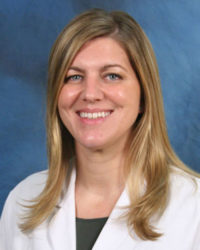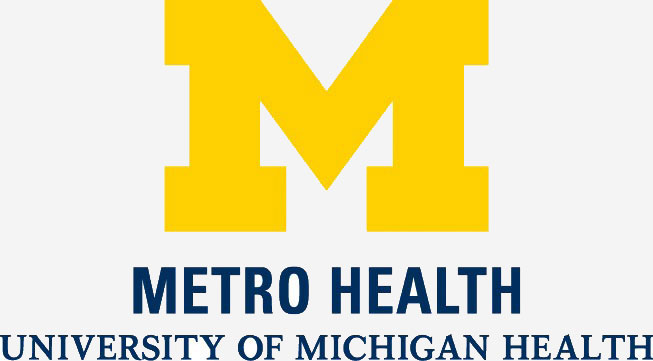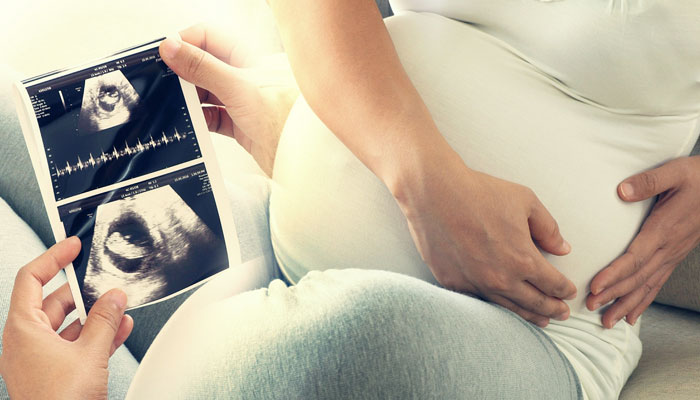A High Risk Pregnancy Doesn’t Mean Definite Danger
No mom—especially a new mom—wants to hear the words “high risk pregnancy.” Making it through an average pregnancy has enough ups and downs and worries. Being labeled “high-risk” takes it to a whole new level.
I crossed into “advanced maternal age” when I was pregnant with my third child. I was 3 weeks from my due date and suddenly my charts were specially marked for higher risk.
“Really?” I wondered. “Did that much change?? Was my baby in danger?”
Fortunately for me, nothing changed. My doctor was very encouraging and said that she knew that just because I was suddenly 35, my pregnancy didn’t also suddenly change. But it did make me aware of the challenges many women face with a high risk pregnancy. There are different protocols for doctors, and just a heightened awareness that this pregnancy may not go as planned.


While having a high-risk pregnancy does mean moms must take extra care, doctors say it’s not a reason to panic.
Metro Health – University of Michigan Health OBGYN Tracie Rulewicz, DO, says only 6-8% of women who have high-risk pregnancies ever experience even minor complications.
“When I have a patient considered at high-risk, I tell her all she needs to do is come to her scheduled appointments,” says Dr Rulewicz.
“If patients don’t come, we may miss things. As long as they show up, most issues will be caught before they ever turn into full-blown complications.”
What is a High-Risk Pregnancy?
Dr. Rulewicz defines it as, “Anything that would deviate pregnancy care from a routine schedule of visits and ultrasounds.”
She emphasizes that no pregnancy is “standard.” It’s a fluid process and patients aren’t thrown into categories with set procedures.
Everyone is unique, and plans can change from visit to visit. If you are high-risk, additional visits, ultrasounds or testing may be required. In the most serious cases, high-risk means the mother or the fetus are at risk for health problems.
What Factors Would Mark Your Pregnancy High Risk?
Dr. Rulewicz recommends that every woman have a pre-conception visit with their OBGYN to determine whether or not they would be considered high-risk.
“Some factors are modifiable if you know them ahead of time,” she points out. “You can’t change your age or the fact that you have type I diabetes, but you can address obesity and hypertension if you maintain a healthy lifestyle prior to a pregnancy.”
Risk factors include:
- Advanced maternal age (over 35)
- Depression or seizure history; certain prescriptions can cause abnormalities in the fetus
- Chronic conditions like hypertension and diabetes
- Previous pregnancy complications
- Multiple pregnancy (twins, triplets)
- Overweight or underweight
- Placenta abnormalities such as placenta previa
How do you Prevent Complications During Pregnancy?
The steps you take to maintain a healthy pregnancy are the same whether you’re high-risk or not.
- Seek regular prenatal care
- Eat a healthy diet
- Gain weight wisely
- Avoid risky substances
- Stay active
“So often, women think they can’t stay active during pregnancy,” Dr. Rulewicz notes. “We don’t recommend beginning a new, intense workout regimen, but—especially in the first trimester—women can continue whatever exercise routine they had before pregnancy.”
Walking 30 minutes a day can help with overall weight management, and reduce aches and pains, and women who stay active tend to do better during labor and delivery.
“Women who are active both before and during pregnancy also recover quicker post-baby,” she adds.
Where do I go When I Need Help With my High Risk Pregnancy?
One of the biggest concerns for moms-to-be in the high-risk category is stress and anxiety. “I have two kids of my own, and even as an OB, I called my physician friends looking for answers and reassurance while pregnant,” Dr. Rulewicz admits.
“Anxiety is a normal part of pregnancy. At Metro Health, we have a fully dedicated social worker for OBGYN.” Dr. Rulewicz says a social worker is an incredible resource, assisting with depression, financial concerns and transportation issues, and is often the listening ear moms need.
Your OBGYN
Dr. Rulewicz says many times your OB is your best resource, and women shouldn’t hesitate to reach out. “We have a patient portal called MyChart where patients can send me messages directly. It’s an open line of communication, and I respond back to patients every day.”
Diabetes Educators
For those managing conditions like diabetes while pregnant, Dr. Rulewicz refers them to Metro Health’s diabetes education department.
“Our diabetes educators set moms up with supplies and show them how to enter their blood sugar numbers online. The team works with women one-on-one and they are a fantastic resource.”
Osteopathic Medicine
Some women also end up referred to osteopathic manual medicine for muscle and joint alignment issues. “Babies can push your body out of alignment, causing pain and discomfort. We have experts who help put everything back in place, so you’re as comfortable as possible.”
Fetal Medicine Specialists
In serious high-risk cases, women may be referred to a maternal fetal medicine specialist. They are specialized physicians who go through additional training to manage concerns of the mother and fetus prior to, during and after pregnancy.
No Matter What, Ask for Help
Dr. Rulewicz stresses that a high-risk diagnosis doesn’t mean something will go wrong, or that your baby is in danger. “Listening to your doctor, listening to your body and maintaining a healthy lifestyle while pregnant will give you the best chance of a complication-free pregnancy,” she points out.
“And if you are high-risk, you don’t have to manage it alone. Talk to your OBGYN, reach out to family and friends when you’re anxious and call your doctor’s office immediately if you think something is wrong.”
Metro Health – University of Michigan Health
Multiple locations across West Michigan.
(800) 968-0051


